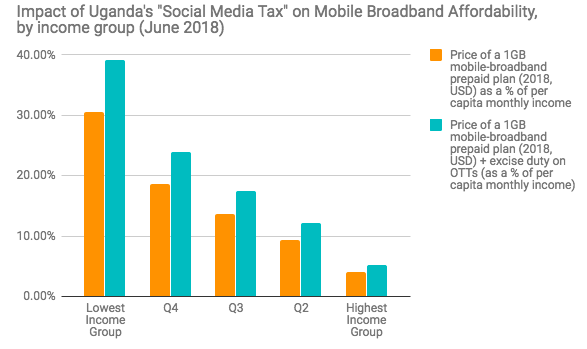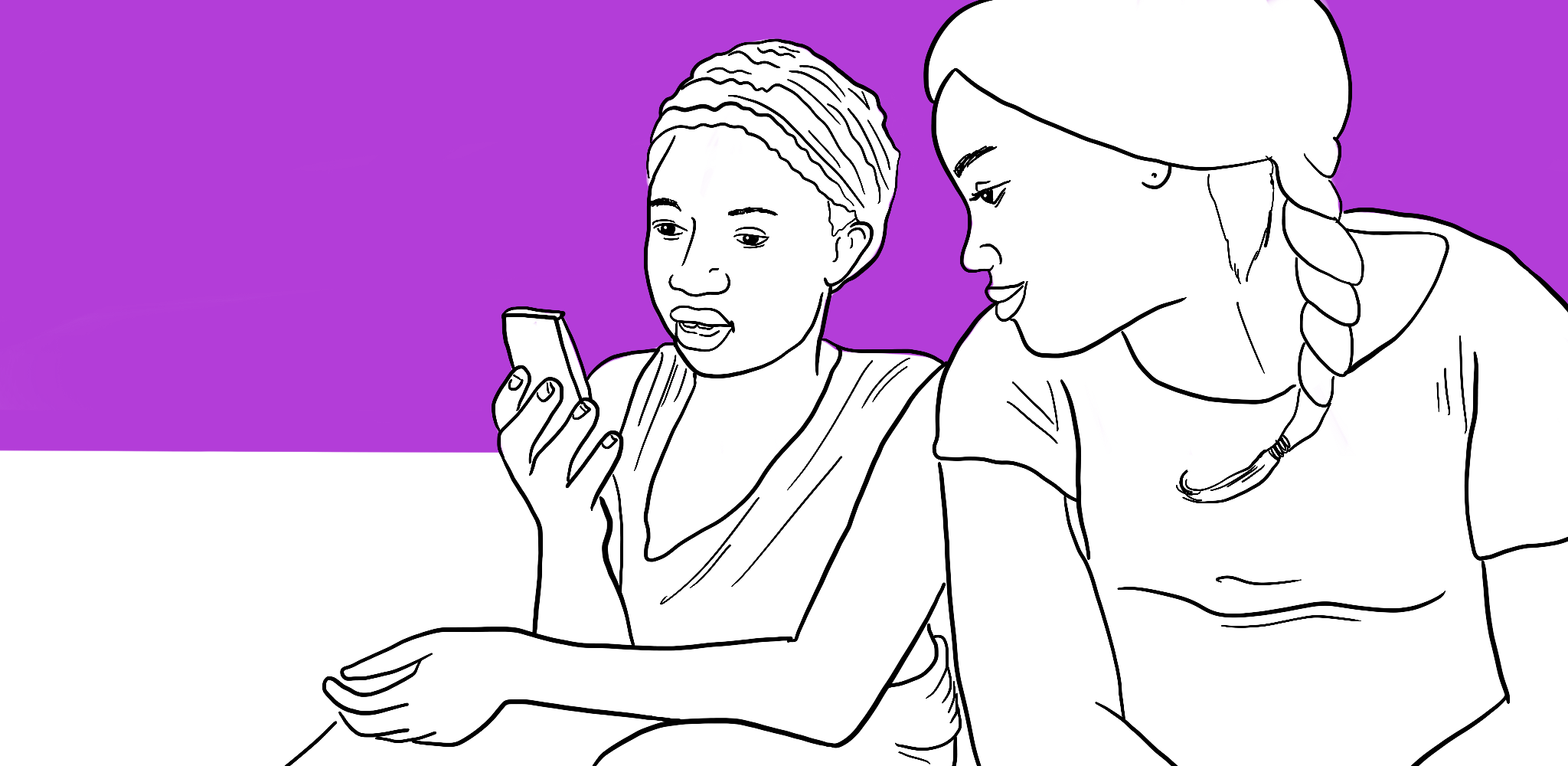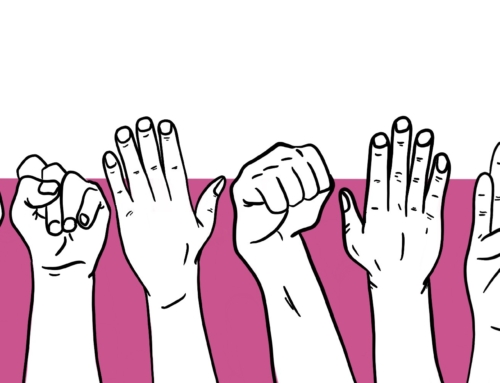It has been a few months since the government decided to slap a fee of 200 Ugandan shillings ($0.05) a day to use Over the Top (OTT) services such as popular social media platforms like Twitter, Facebook, and WhatsApp in what was dubbed the “Social Media Tax”. After its passing, the social media tax caused an uproar among Ugandan social media users and is also expected to push the cost of basic internet access further out of reach for millions of low-income Ugandans.

In his justification for introducing the bill earlier this year, President Museveni reportedly stated that ‘social media encourages gossip’. Subsequently, the bill was passed on the 1st of July as law and this meant Ugandans had to abide by the unpopular tax. The Excise Duty (Amendment) Bill 2018, passed by the Ugandan Parliament, calls for telecommunications service operators providing data used to access OTTs to pay excise duty on this access.
As expected, fewer Ugandans have been online since the bill was passed and social media usage has reduced in Uganda. In a survey conducted by Anne Whitehead, an independent communications consultant in Uganda, it was revealed that 96% of Ugandans that had used social media in the past 6 months before the tax was passed drastically dropped to 85%. Of those who continued using social media, 40% had paid the OTT tax, 57% were using VPN and 38% were using WiFi/Hotspot(s).

In response to the implementation of the tax, a team of lawyers has filed a lawsuit against the government on counts that the new social media tax is an act of breaching the principles of net neutrality.
Recently, the government of Nigeria also considered and hinted at a tax on internet use, which was eventually scrapped as a result of studies showing it would make access unaffordable for millions of Nigerian people.
However, the tax on social media in Uganda doesn’t come off as a surprise to a majority of Ugandans for its limitations on free speech and expression. Uganda suffered from two major internet disruptions during the 2016 Presidential Elections when the government switched off and blocked social media in a bid to filter out ‘hate speech flowing from the citizenry’.
What Happens to the efforts of Civic Tech then?
In recent times, social media has become an invaluable tool for social, economic, and human rights development in Uganda, and Africa at large. Different groups of people ranging from the citizenry, media house, CSOs, and the government itself have embraced various forms of social media for expressing themselves, disseminating information, and advocacy. For some, it has been used as a means of employment, and for CSOs, it has been a significant tool in promoting civic technology.
However, the emergence of the tax only means that it will have a significant impact on consumers in Uganda and particularly on low-income users as it is likely to force many of these users to curb their internet usage or to forego access entirely.
How have we been Affected?
Although the government says that the social media tax will help increase tax revenue that shall be used in the economic and infrastructural growth of the country, it could as well have an adverse impact on the citizenry. The growth of social media which has increasingly led to a significant impact on civic engagement in the country will now face a major setback as many citizens who use social media for political conversation and advocacy will have those majority conversations clamped.
For increased civic participation, social media has become an important key player to foster the dissemination of information, gathering feedback, and digital advocacy. With the decrease of its usage, there may be a decline in embracing civic tech platforms and affect smooth governance.
The GCIC (Government Citizen Interaction Centre), a government civic tech platform that focuses on enhancing the monitoring of service delivery across all Ministries, Departments & Agencies (MDAs) in Uganda through feedback and suggestions from citizens risks losing relevance because it serves an online audience and uses social media for advocacy. This undermines their goal which is creating an open government.

In the same sense, civic tech platforms such as AskYourGov, a platform that helps members of the public get the information they want about/from Uganda public authorities — by asking for it and Yogera which allows residents in Kampala to “Report Poor Service Delivery” or “Celebrate a Hero” who has denied a bribe in their community risk having their advocacy endeavors slammed thanks to the OTT tax. This is because majority of these portals rely on social media to create awareness to the citizens.
What does this mean for Governance?
One thing that can’t be ruled out is the immense impact the passing of the social media tax has on governance. Governance can be defined as the structures and processes that are designed to ensure accountability, transparency, responsiveness, rule of law, stability, equity and inclusiveness, empowerment, and broad-based participation by governments. If some of the tools (such as social media and other civic tech tools) that put the principles of governance into practice are gagged, then the sole purpose and goal of governance are undermined.
In a his book “Good Governance:Rule of Law, Transparency, and Accountability” Michael Johnston noted that for governance to smoothly work out, there has to be an integrated, long-term strategy built upon cooperation between government and citizens.
Governance is guided by important pillars of transparency, participation, inclusiveness, and responsiveness. These pillars though often ignored, need to be heeded if good results are to be yielded. With that school of thought, governance is about the culture and institutional environment in which citizens and stakeholders interact amongst themselves and participate in public affairs.
Once embraced rightfully, various emerging forms of civic tech have the ability to enhance governance in a majority of African countries and this could guide both governments and citizens in managing and determining their country’s economic, political and administrative affairs and future. However, as long as African continue to slap limitations on these possibilities as exemplified by recent developments in Tanzania, Zambia, and Benin, then there will still be as many bottlenecks towards development, freedom of speech and better service delivery.
Written by Pius Enywaru, Communications Lead at Pollicy





Leave A Comment